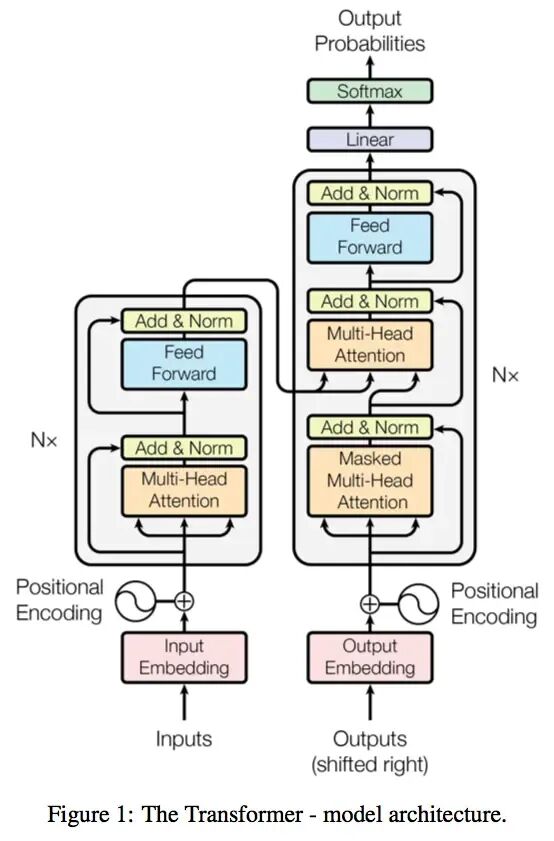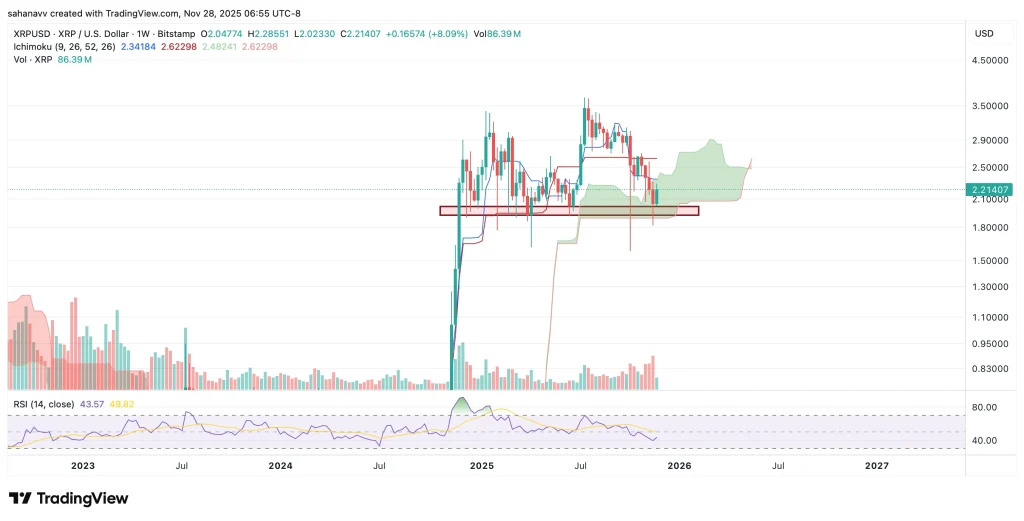Trump Fires Federal Reserve Board Member Lisa Cook, Sparking Legal Dispute and Crisis Over Fed Independence
On August 25, 2025, U.S. President Donald Trump announced the immediate dismissal of Federal Reserve Board member Lisa Cook.
On August 25, 2025, U.S. President Donald Trump announced the immediate dismissal of Federal Reserve Board member Lisa Cook, marking the first time in U.S. history that a sitting president has taken such action. This decision was announced through a letter posted by Trump on his social media platform Truth Social, citing powers granted by Article II of the U.S. Constitution and the Federal Reserve Act of 1913, stating that Lisa Cook's dismissal was effective immediately. This move not only intensifies Trump’s pressure on the Federal Reserve, but may also trigger a major legal dispute over the Fed’s independence.
Origin of the Accusation: Mortgage Fraud Dispute
Trump’s decision to dismiss Lisa Cook stemmed from allegations of her involvement in mortgage fraud. It is alleged that in 2021, when applying for mortgages for two properties, Lisa Cook declared both her Michigan and Georgia properties as her primary residence in order to secure more favorable loan terms. Bill Pulte, Director of the Federal Housing Finance Agency (FHFA), publicly accused Lisa Cook of fraud on social media on August 20 and subsequently submitted a criminal referral letter to the Department of Justice. Pulte is a staunch ally of Trump and a long-time critic of Federal Reserve Chair Jerome Powell.
Trump responded swiftly to Pulte’s accusation, posting on Truth Social the same day demanding Lisa Cook’s “immediate resignation.” In his letter, he wrote: “There is ample reason to believe you made false statements in multiple mortgage agreements. You signed a document certifying that a property in Michigan would be your primary residence for the next year, but two weeks later, you signed another document declaring a property in Georgia as your primary residence.”
Lisa Cook firmly denied the allegations and stated she would not be forced to resign due to “some questions on social media.” In her statement, she said: “I have no intention of being intimidated into giving up my position. I will take any questions about my financial history seriously and am gathering accurate information to answer any legitimate inquiries and provide the facts.” However, Trump did not wait for judicial proceedings or a court ruling, and directly announced her dismissal on August 25.
Legal Dispute: Does the President Have the Right to Dismiss a Federal Reserve Board Member?
According to the Federal Reserve Act, the president may only dismiss a Federal Reserve Board member “for cause,” but the law does not clearly define what constitutes “cause.” Traditionally, this has been interpreted as involving criminal misconduct or failure to perform duties. Legal experts told The New York Times that Lisa Cook has not been formally charged or convicted, so Trump’s decision to dismiss her may face legal challenges. If the courts allow Lisa Cook to continue working during the proceedings, the case could even be appealed to the Supreme Court.
Lisa Cook’s attorney, Abbe David Lowell, stated: “President Trump claims to have dismissed me ‘for cause,’ but there is no legal basis for this, and he has no authority to do so. I will not resign and will continue to fulfill my duties in service to the U.S. economy.” This event is seen as Trump’s latest attempt to undermine the independence of the Federal Reserve, which could have far-reaching effects on confidence in the U.S. financial system.
Trump’s Strategy to Reshape the Federal Reserve
Lisa Cook is the first Black woman to serve as a Federal Reserve Board member, nominated by former President Joe Biden in 2022, with her term originally set to run until 2038. If Trump prevails in the legal battle, he will gain another opportunity to nominate a Federal Reserve Board member, further strengthening his control over the Fed. Currently, two of the seven members of the Federal Reserve Board—Christopher Waller and Michelle Bowman—were appointed by Trump during his first term. In addition, earlier this year, another Biden-nominated member, Adriana Kugler, suddenly resigned, providing Trump the opportunity to nominate Stephen Miran, chairman of the Council of Economic Advisers, to fill the vacancy.
If Trump successfully nominates two new members, he will control a majority of the seven-member Federal Reserve Board, thereby exerting a profound influence on monetary policy. Trump has long criticized the Federal Reserve for refusing to lower interest rates quickly and has repeatedly attacked Federal Reserve Chair Jerome Powell in public, even though Powell was nominated by Trump himself in 2017. Trump has even threatened to dismiss Powell before his term ends in May 2026.
The Federal Reserve’s Response and the Independence Crisis
At the Jackson Hole symposium on August 22, Powell stated that the Federal Reserve may lower interest rates if necessary, but would act “cautiously.” This statement shows the Fed’s attempt to maintain its independence in the face of Trump’s pressure. However, Trump’s dismissal action has pushed the boundary between presidential power and Federal Reserve independence to an unprecedented level of tension.
Senator Elizabeth Warren commented: “Trump’s illegal attempt to fire Lisa Cook is his latest example of scapegoating to cover up his failure to lower the cost of living for Americans. This is a blatant autocratic power grab in violation of the Federal Reserve Act and must be overturned in court.” The markets also reacted to the event: the U.S. dollar index fell by 0.3%, stock market futures declined, and the price of gold as a safe-haven asset rose by 0.45%.
Outlook
The dismissal of Lisa Cook not only marks Trump’s unprecedented intervention in the Federal Reserve, but may also have long-term implications for the independence of the U.S. central bank. If Trump successfully reshapes the Federal Reserve Board, its monetary policy may lean more toward short-term economic stimulus rather than long-term price stability and maximum employment. However, such intervention may trigger market uncertainty and undermine global confidence in the U.S. financial system. In the coming months, court rulings will determine the direction of this event and set new precedents for the boundaries of power between the president and the Federal Reserve.
Disclaimer: The content of this article solely reflects the author's opinion and does not represent the platform in any capacity. This article is not intended to serve as a reference for making investment decisions.
You may also like
No wonder Buffett finally bet on Google
Google holds the entire chain in its own hands. It does not rely on Nvidia and possesses efficient, low-cost computational sovereignty.

HYPE Price Prediction December 2025: Can Hyperliquid Absorb Its Largest Supply Shock?

XRP Price Stuck Below Key Resistance, While Hidden Bullish Structure Hints at a Move To $3

Bitcoin Price Prediction: Recovery Targets $92K–$101K as Market Stabilizes
